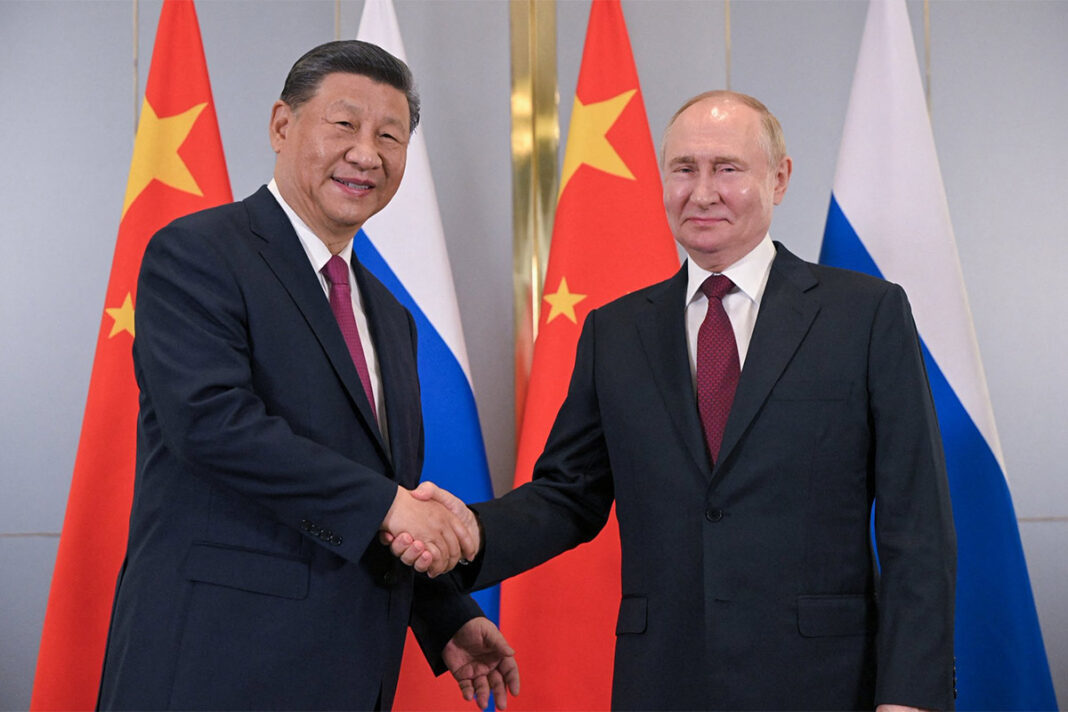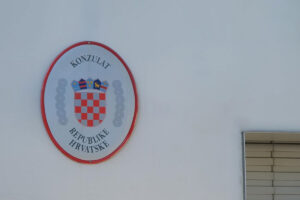At the latest Shanghai Cooperation Organisation (SCO) Summit held in Tianjin, Chinese President Xi Jinping and Russian President Vladimir Putin made a clear joint appeal for a “multipolar world order”, rejecting what they called the dominance of “bullying countries.” Xi’s rhetoric, echoed by other SCO leaders, signalled a tightening bloc that positions itself as an alternative to Western-led institutions.
The summit drew wide attention not just for its anti-Western tone, but for its symbolic embrace of shared Eurasian security, with China pledging greater financial and logistical support to SCO members.
Putin used the platform to further position Russia as a key architect of this “new world” narrative, despite Western sanctions and its ongoing war in Ukraine.
For the Adria region, this messaging carries real weight. As European countries—including those in Southeast Europe—deepen their ties with NATO and the EU, they must also navigate an increasingly divided global landscape. Trade routes, foreign investment flows, and diplomatic pressures are all being redrawn—and the Adria region may find itself more strategically relevant, but also more exposed.







